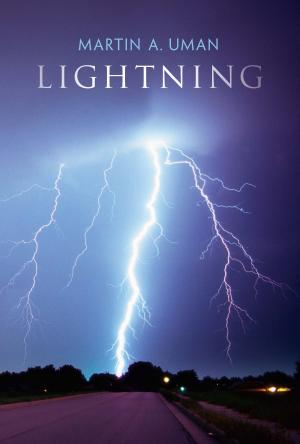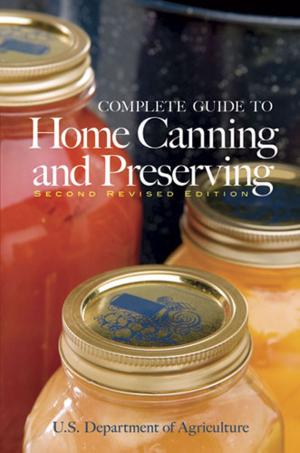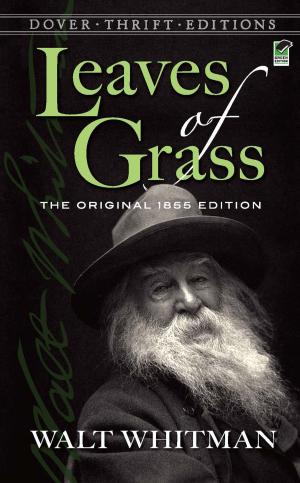The Political History of the Devil
Nonfiction, Religion & Spirituality, Philosophy, Good & Evil, Religious| Author: | Daniel Defoe | ISBN: | 9780486810539 |
| Publisher: | Dover Publications | Publication: | February 17, 2016 |
| Imprint: | Dover Publications | Language: | English |
| Author: | Daniel Defoe |
| ISBN: | 9780486810539 |
| Publisher: | Dover Publications |
| Publication: | February 17, 2016 |
| Imprint: | Dover Publications |
| Language: | English |
Irreverent and ironic, this 1726 satire by the author of Robinson Crusoe examines the evolution of evil and the rise of the historical force known as "the devil." Daniel Defoe's passionate and perceptive survey starts with Satan's origins, chronicling the devil's presence in the Bible and his growing sway over humanity. An overview of satanic influences on eighteenth-century life follows, focusing on monarchs and tyrants as well as common folk. Defoe supports his arguments not only with extensive quotes from scripture but also with citations from other sources, including Milton's Paradise Lost.
Written at the dawn of the Enlightenment, this treatise recaptures a moment in time when widespread certainty of the devil's existence was dwindling. Defoe, a firm believer, posits that the devil reacted to the changing times by shifting his influence from the supernatural realm of witches and wizards to the ordinary world of "beaus, beauties, wits, and fools." This intriguing view of politics and society during the 1700s offers a vivid contemporary portrait of a culture torn between theology and reason.
Irreverent and ironic, this 1726 satire by the author of Robinson Crusoe examines the evolution of evil and the rise of the historical force known as "the devil." Daniel Defoe's passionate and perceptive survey starts with Satan's origins, chronicling the devil's presence in the Bible and his growing sway over humanity. An overview of satanic influences on eighteenth-century life follows, focusing on monarchs and tyrants as well as common folk. Defoe supports his arguments not only with extensive quotes from scripture but also with citations from other sources, including Milton's Paradise Lost.
Written at the dawn of the Enlightenment, this treatise recaptures a moment in time when widespread certainty of the devil's existence was dwindling. Defoe, a firm believer, posits that the devil reacted to the changing times by shifting his influence from the supernatural realm of witches and wizards to the ordinary world of "beaus, beauties, wits, and fools." This intriguing view of politics and society during the 1700s offers a vivid contemporary portrait of a culture torn between theology and reason.















